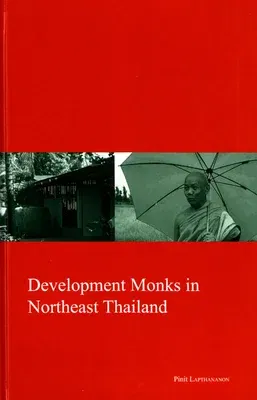Pinit Lapthananon
(Author)Development Monks in Northeast Thailand: Volume 22Hardcover, 1 March 2012

Qty
1
Turbo
Ships in 2 - 3 days
In Stock
Free Delivery
Cash on Delivery
15 Days
Free Returns
Secure Checkout

Part of Series
Kyoto Area Studies on Asia
Print Length
342 pages
Language
English
Publisher
Trans Pacific Press
Date Published
1 Mar 2012
ISBN-10
1920901396
ISBN-13
9781920901394
Description
Product Details
Author:
Book Format:
Hardcover
Country of Origin:
US
Date Published:
1 March 2012
Dimensions:
23.37 x
15.49 x
2.79 cm
ISBN-10:
1920901396
ISBN-13:
9781920901394
Language:
English
Pages:
342
Publisher:
Series:
Weight:
703.07 gm